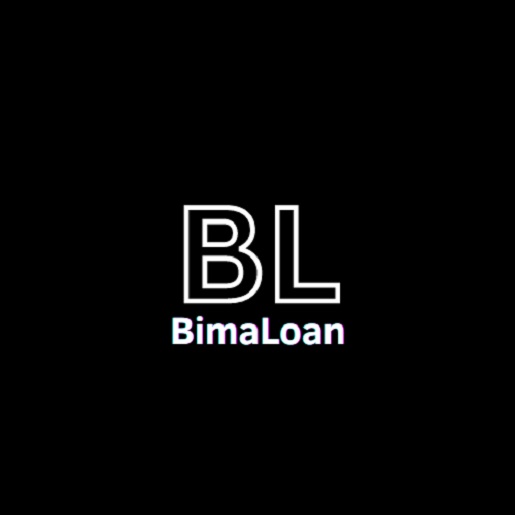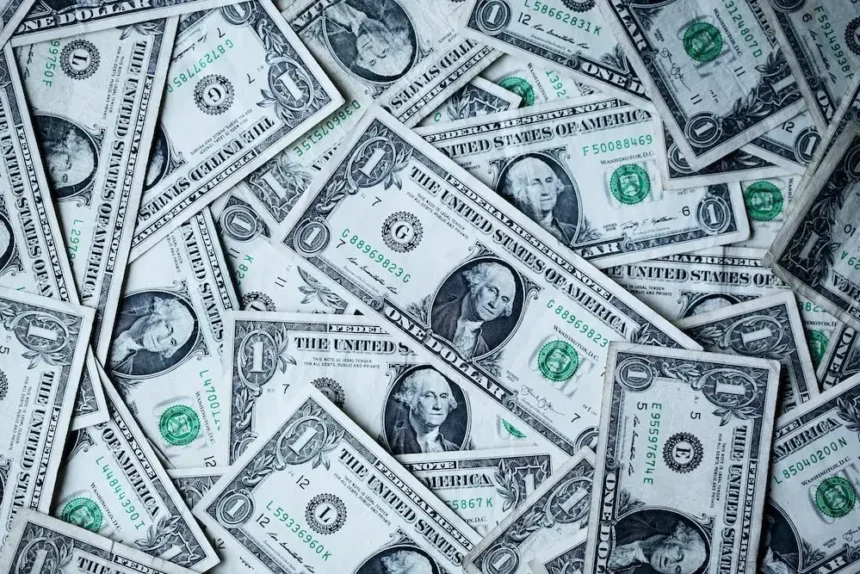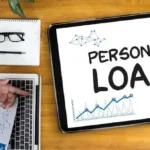When confronted with an unforeseen financial predicament – a sudden financial “gotcha” – one often ponders over the choice of managing it through a personal loan or a credit card.
Unexpected circumstances can ambush even the most prepared individuals, demanding prompt financial resources. While maintaining an emergency fund is a prudent practice, situations may arise where the decision lies between utilizing a credit card or securing a swift personal loan to tackle the financial challenge.
- Advertisement -
Immediate Lump Sum vs. Ongoing Funds The initial consideration pertains to whether an immediate lump sum or ongoing financial support is needed. Leading personal loans offer an uncomplicated application process, rapid funding, and a substantial lump sum.
Credit cards, particularly with the availability of cash advances, offer quick access to funds, allowing borrowers to withdraw only the necessary amount on a monthly basis.
Benefit of Lower Interest Rates with Personal Loans A distinctive advantage of personal loans lies in their typically lower interest rates in comparison to credit cards. Opting for a lower-interest solution can expedite the repayment of the financial setback, ensuring that your budget isn’t strained over an extended period.
The goal is to avoid substituting one issue – the unanticipated expense – with another, namely long-term debt at a high annual percentage rate.
- Advertisement -
Credit Card Benefits vs. Defined Repayment Credit cards are appealing due to the rewards, travel perks, low or zero interest rates, and introductory APR promotions offered by certain issuers for emergency expenditures.
Conversely, superior personal loans provide a consistent monthly payment, fixed repayment terms, and a clear predetermined payoff date.
Credit cards often carry higher interest rates and can accumulate debt incrementally. It’s possible to reach your credit limit before covering unforeseen expenses or before making a substantial purchase.
Pay-as-You-Go vs. Increased Debt For those who are disciplined, regularly clear their credit card balance, and possess good credit, employing credit cards for unforeseen expenses can result in benefits and a debt-free status.
However, personal loans have the capacity to turn an immediate need for cash into a long-term debt commitment.
Steady Fixed Interest Rates vs. Variable Rates A pivotal distinction is the fixed interest rate linked with personal loans. Your monthly payment remains consistent, offering predictability. In contrast, credit cards usually come with variable rates that can fluctuate, possibly escalating over time.
- Advertisement -
Secured vs. Unsecured Debt Both credit cards and personal loans commonly fall under unsecured debt, requiring no collateral – especially for those with good credit.
Nevertheless, securing a personal loan with valuable assets like savings or a paid-off car might secure even more favorable terms. However, defaulting on a secured loan could lead to the forfeiture of the pledged property.
Arriving at the Right Decision The choice between a credit card and a personal loan depends on your creditworthiness and prevailing debt load.
Credit cards suit individuals with available credit, who can accommodate an increased monthly payment and have access to a competitive interest rate. A strong credit history secures a lower annual percentage rate.
For those possessing a solid credit score, selecting a personal loan involves considering multiple lenders for optimal interest rates. Seek out lenders with minimal additional fees and aim to avoid origination fees if possible. If you resort to credit cards for unforeseen expenses, bear in mind that personal loans are also suitable for home improvements and debt consolidation.
Several personal loan providers cater to borrowers with imperfect credit.
In essence, steer clear of high-interest borrowing, rely on credit cards with low APRs, explore diverse providers for the most favorable arrangement, and maintain a prudent approach to debt management to safeguard your credit profile.









